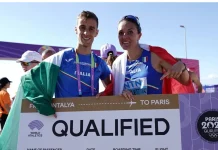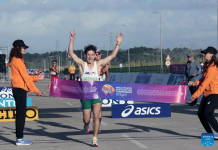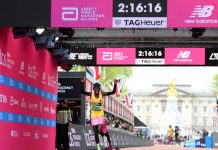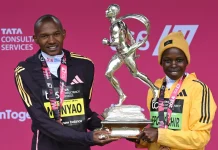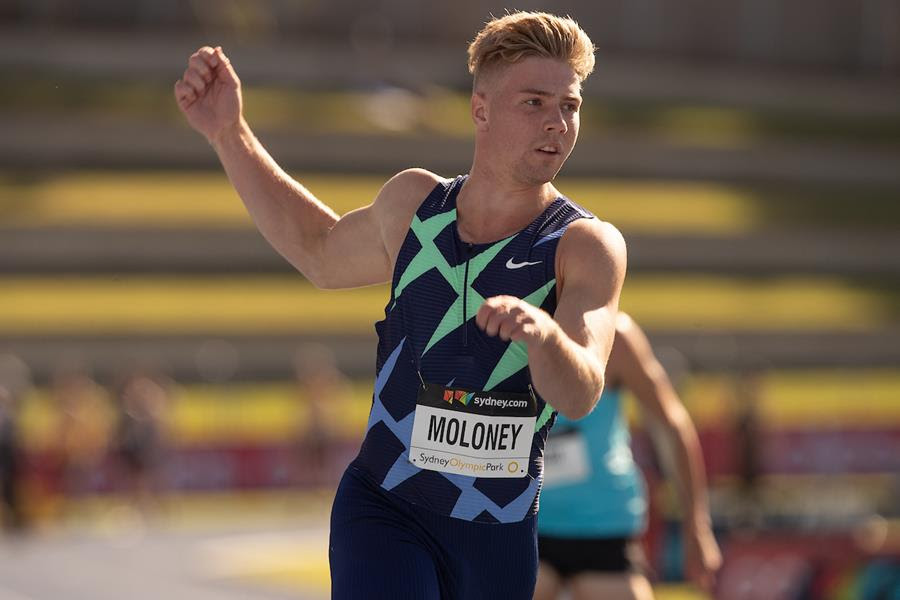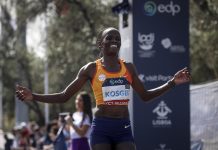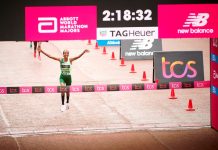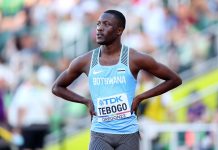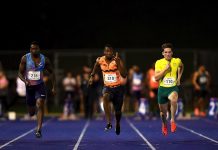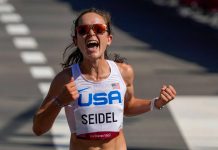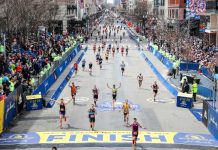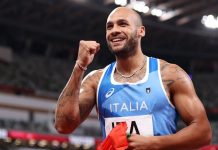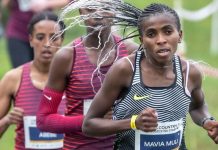Although the proverbial dust from the Tokyo 2020 Olympics has barely settled, with a shortened length of time between it and the next Olympic games due to be held in Paris in 2024, many hopeful nations with aspirations of competing have already started putting their plans into motion.
This is most certainly true of Australia, with the Australian government previously having committed a whopping $184 million (AUD 257 million) to hopeful athletes ahead of the 2024 Olympic and Paralympic games.
The funding for this endeavour comes from the Australian Institute of Sport, which has allocated these funds to last for a full Olympic Games cycle. This is a historic move for the Australian Government, which is all but unprecedented since the Sydney games which were held in 2000, and will allow athletes, coaches and teams from across the continent to build on the successes of the Tokyo Games and to set themselves up for victory in Paris.
Interestingly, this plan departs from previous funding drives for Australian Olympic athletes insofar as it is not strictly focused on increasing short-term medal counts. Rather, it is intended to support the wider effort to develop Australian sporting talent. In particular, it looks forward to the Brisbane Olympics due to be held in 2032, with the hopes that it will help to develop local talent for the next decade to come.
But what does this mean for the many rising Aussie sport stars eyeing up a spot in Paris 2024 and beyond? Will this much needed injection of funding help them to prove themselves able to compete with the best in the world? Or will they let down the many bettors staking their hopes on their success on online sportsbooks across the continent?
Keep reading for a quick run-down of some of the top athletic talent carrying Australia’s Olympic hopes forward in the years to come!
Kyle Chalmers
One of the many swimmers carrying Australia’s medal hopes into Paris is Kyle Chalmers. Having earned six Olympic medals in the Rio and Tokyo Olympics, this looks like a strong likelihood provided he can stay healthy.
Chalmers first games were the Rio de Janeiro Olympics in 2016, where he came away with two bronze medals and a gold medal. This was followed up in 2020 at Tokyo, where he secured a further two bronzes and a silver.
However, at just 23 years old, Chalmers best years are still very much ahead of him. With three years to improve and plenty of experience already behind him, his chances for gold are very strong in Paris 2024 as well as Los Angeles in 2028.
Kaylee McKeown
Kaylee McKeown was, along with Chalmers, one of the athletes contributing to Australia’s tally of 17 gold medals at the Tokyo Games.
Despite being just 20 years old when she took to the podium to receive her prize, McKeown put in dominant performances in the backstroke event. This victory was made all the more powerful by the fact that she had recently lost her father — to whom she dedicated each of her victories during the games.
Ariarne TItmus
Another promising talent who will undoubtedly bolster Australia’s medal hopes at future games is Ariarne Titmus.
Following a decorated career as a youth-athlete, the Tasmanian Titmus won gold medals in the 200-metre and 400-metre freestyle events at the Tokyo games. This is in addition to a silver in the 800-metre freestyle and a bronze in the 4×200 metre freestyle.
This is an incredible tally for her first Olympic appearance. With four medals already under her belt, Titmus’ chances for Paris are already looking incredibly bright!
Ash Moloney
Out of all the sporting events held during the Olympics, there are arguably few that are as impressive as the decathlon.
The decathlon is a gruelling event which requires athletes to display mastery and athletic prowess across 10 different events — each of which requires a distinct set of skills. For this reason, the winner of the decathlon is often dubbed the “greatest Olympic athlete”, given that they must be so well rounded to win.
During the 2020 Tokyo Olympics, the 21-year-old Ash Moloney proved himself worthy of this title when he became the third-youngest Australian to win a track and field medal after he secured a bronze medal in this gruelling event.
As testament to his athletic prowess, Moloney was just 400 points off the total set by the gold medal winner, Damian Warner, who was over 10 years his senior and had previously won a bronze medal at the Rio Olympics.
With that said, given his youth and the room for athletic development across all 10 events he has, Moloney is a strong medal hopeful for the Paris 2024 Games.



